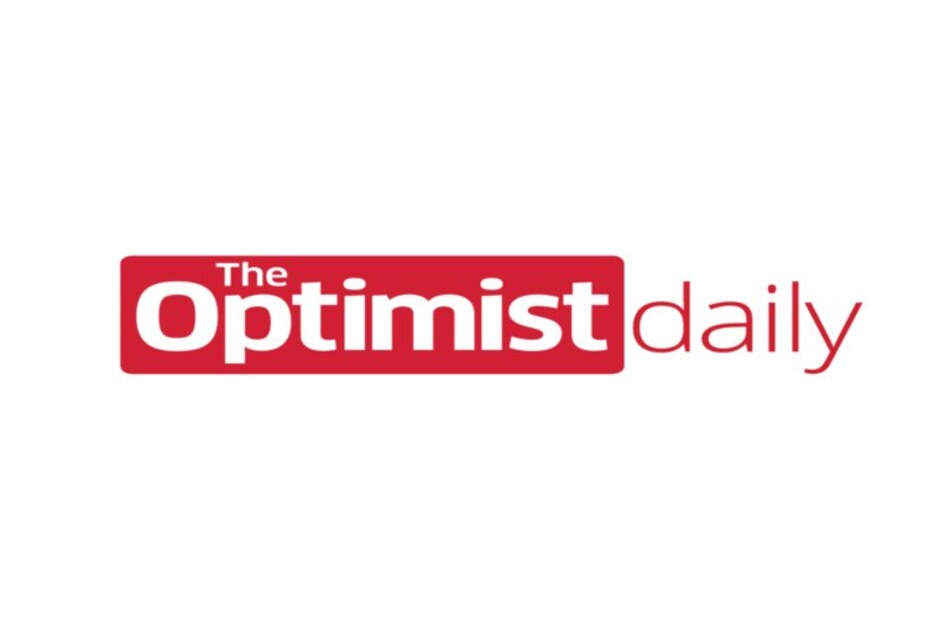Libraries are great resources for learning and these days when you visit a library, your options aren’t limited to printed text — you can borrow movies, audiobooks… and even humans.
That’s right, the concept of borrowing an actual human being to talk to about a plethora of topics is on the rise, and it’s aptly called the “human library.”
The idea for the original Human Library came out of Copenhagen in 2000 from brothers Ronny and Dany Abergel, and their colleagues Asma Mouna and Christoffer Erichsen. They wanted to create a space where “readers” can borrow an actual person to be an “open book” and interact with people that they might not normally have the chance to.
The human “books” are volunteers who have a story to tell. The “titles” people give themselves might look like “Single Mother,” “Refugee,” or “Latinx Feminist.” If any title particular piques your interest, then you are welcome to sit down and have a half-hour conversation with them.
Initially, the event was open for eight hours a day, four days straight, and featured a selection of over fifty titles, which provided “readers” with plenty of choices to challenge stereotypes and prejudices. More than a thousand readers put their books down and opted for a live story-telling experience with a human book or two.
The human library website declares, “Every human book from our bookshelf, represents a group in our society that is often subjected to prejudice, stigmatization, or discrimination because of their lifestyle, diagnosis, belief, disability, social status, ethnic origin, etc.”
One volunteer, Bill Carney, titled himself “Black Activist,” and explains that his motivation for getting involved is to alleviate people of hate that they have against people that perhaps they never even interact with. According to him, “It’s easy to hate a group of people, but it’s harder to hate an individual, particularly if that person is trying to be friendly and open and accommodating and totally non-threatening… if I can just instill the slightest bit of cognitive dissonance, then their brain will do the rest for me. And it will at least force them to ask questions.”
A similar concept was inspired by the Danish human library called the Living Library. The Living Library was started in 2003 by the Council of Europe. Their website describes the project as “a tool that seeks to challenge prejudice and discrimination.”
Interactions such as these that welcome difficult conversations or encourage people to ask questions about another person’s life journey have been proven to decrease prejudice and open people’s minds.
You can find human libraries all over the world, and on online platforms as well, such as Facebook.
This story is part of our ‘Best of 2021’ series highlighting our top solutions from the year. Today we’re featuring education solutions.












